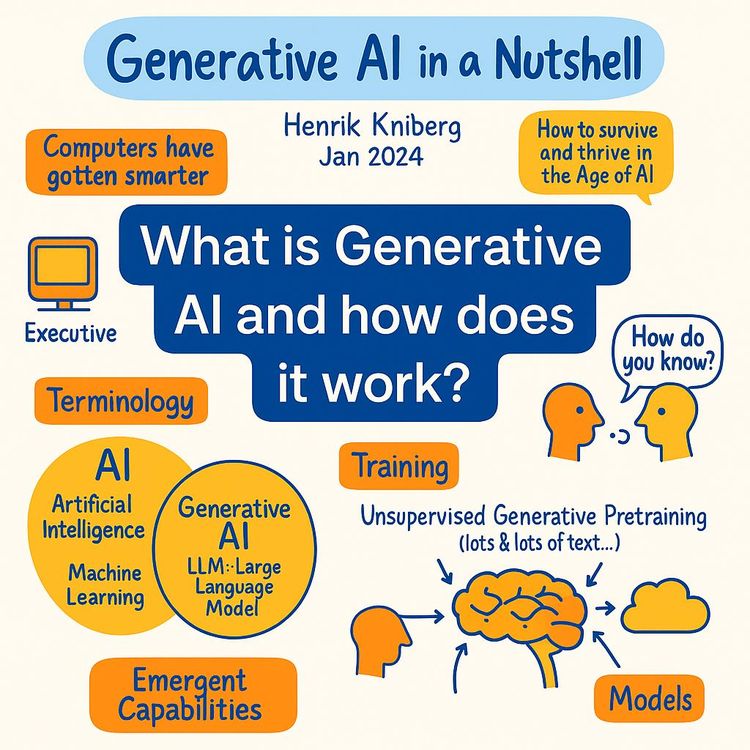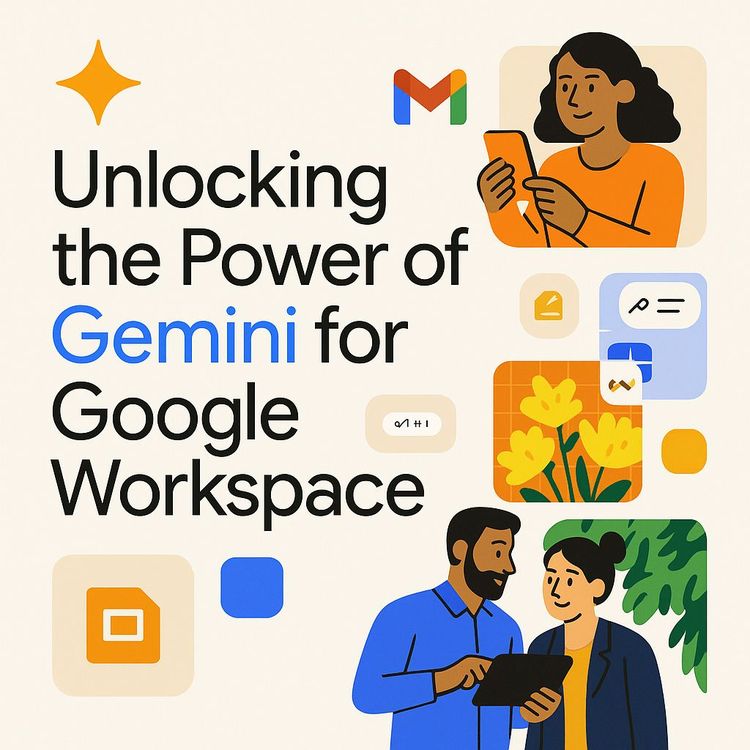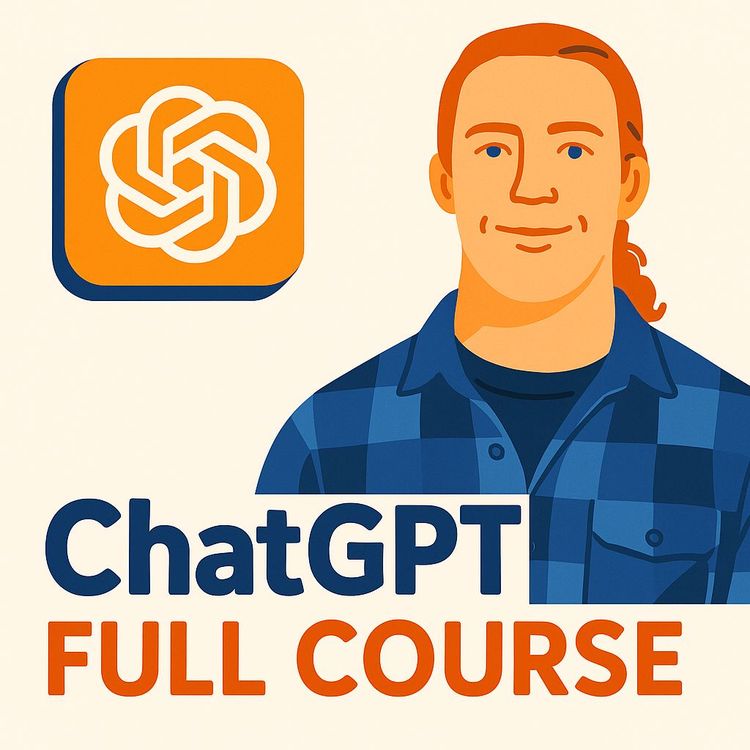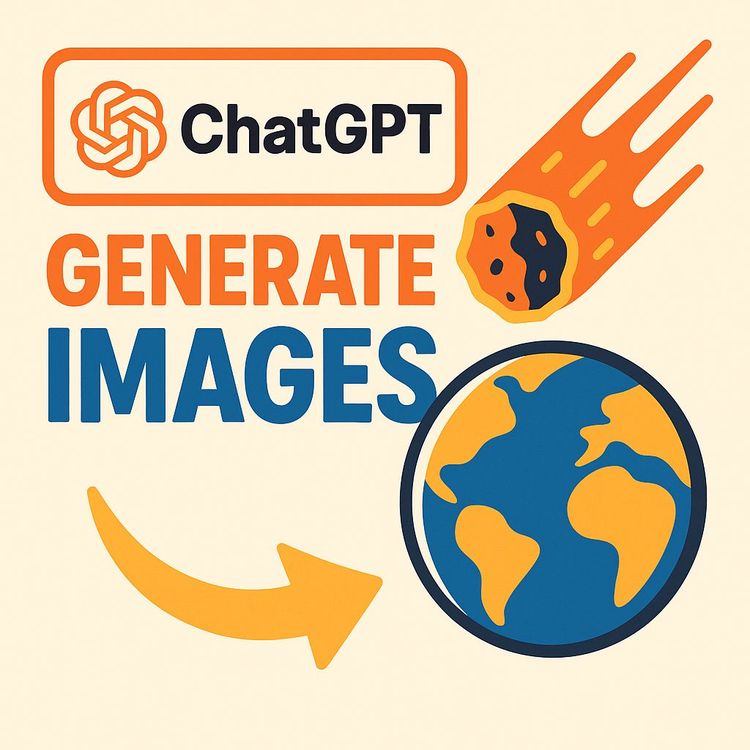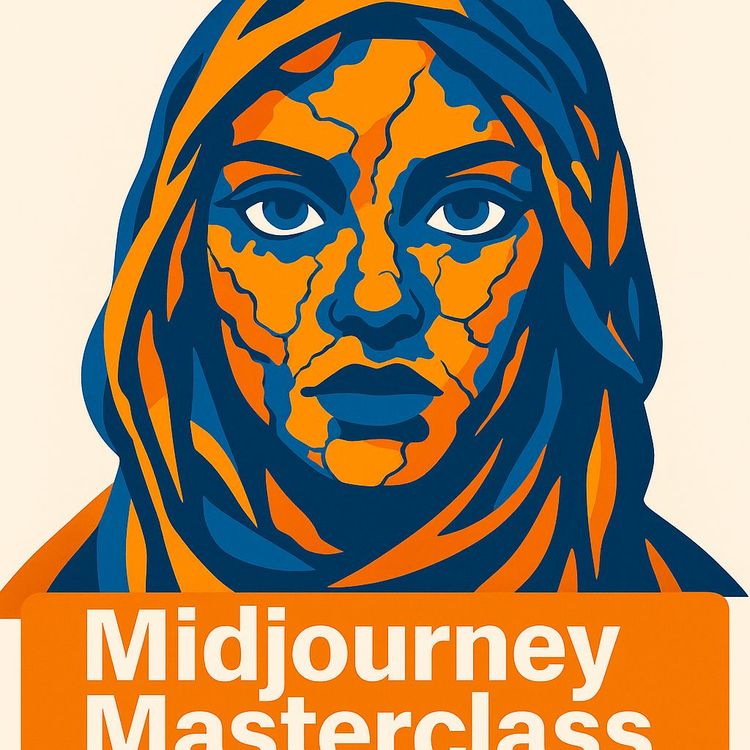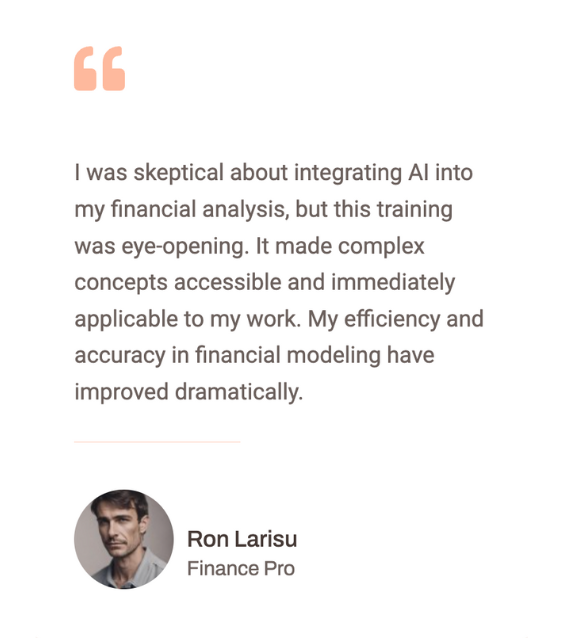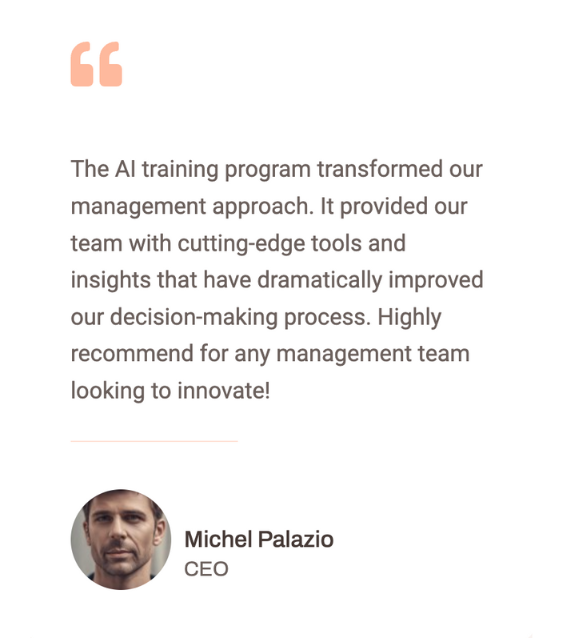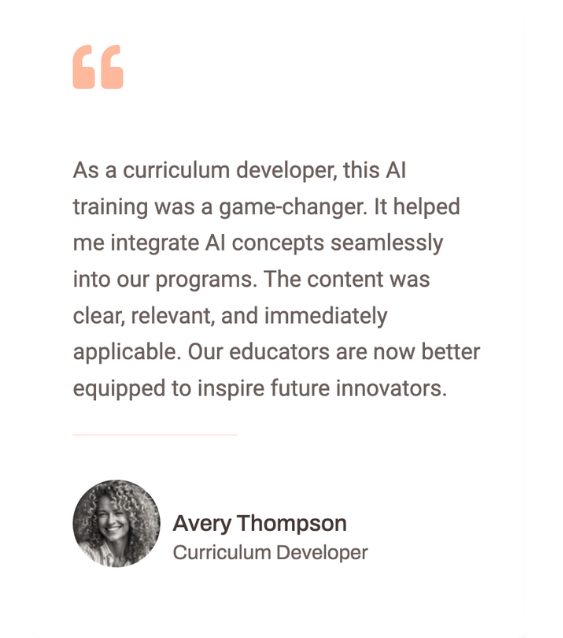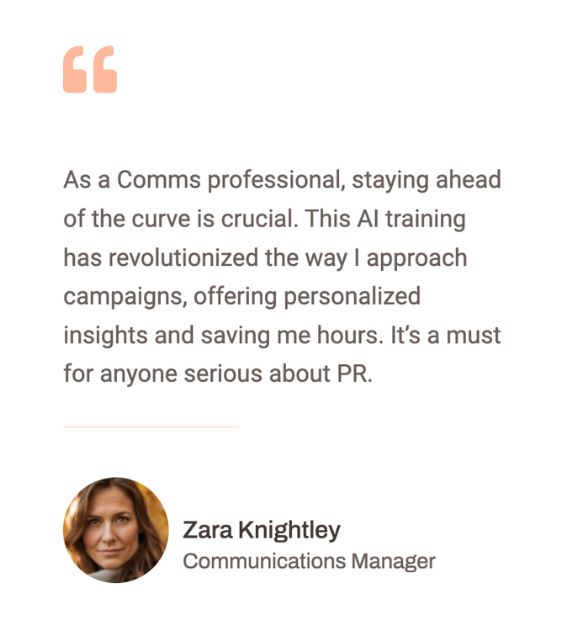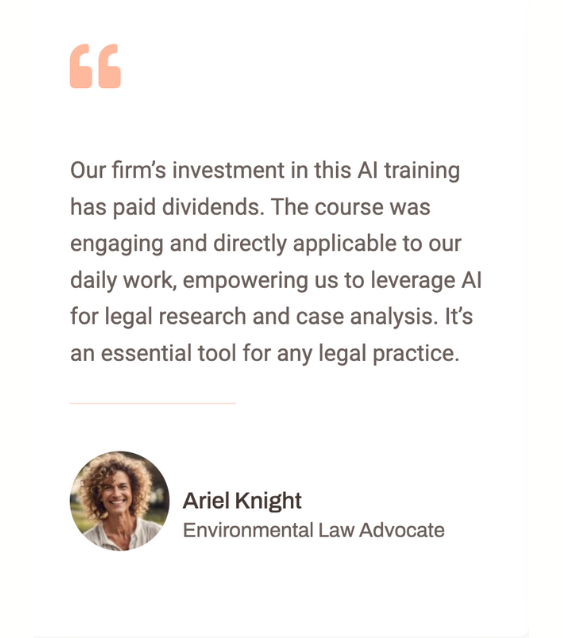Video Course: AI Tools for Writing Fiction
Discover how AI tools can elevate your fiction writing with our comprehensive course. Learn to integrate specialized and chatbot tools, streamline your workflow, and enhance storytelling. Transform your creative process with cutting-edge technology.
Related Certification: Certification: AI-Powered Fiction Writing Tools and Techniques

Also includes Access to All:
What You Will Learn
- Distinguish specialised long-form tools and chatbot models
- Use Novel Crafter's Codex and PseudoWrite's Muse for drafting
- Combine one chatbot (ChatGPT, Gemini, or Claude) with a specialist tool
- Integrate Open Router and manage model access and costs
- Apply AI to brainstorming, world-building, editing, and marketing
- Follow best practices and ethical considerations for AI use
Study Guide
Introduction
Welcome to the course on AI Tools for Writing Fiction. As the boundaries of technology and creativity continue to blur, AI tools have emerged as powerful allies for fiction writers. This course is designed to guide you through the landscape of AI writing tools, helping you understand their potential and how to integrate them into your creative process. By the end of this course, you’ll have a comprehensive understanding of how to leverage AI tools to enhance your writing, streamline your workflow, and elevate your storytelling.
Understanding AI Writing Tools
AI writing tools are broadly categorized into two main groups: specialised tools for long-form fiction and non-fiction, and general-purpose chatbot bots. Each category serves unique purposes and, when used together, can significantly enhance the writing process.
Specialised Tools for Long-Form Writing
Specialised tools are designed to simplify the fiction writing process, offering features that cater specifically to the needs of long-form writing. These tools allow for a more structured and detailed approach to writing, integrating elements like character development, plot outlines, and world-building.
Novel Crafter
Novel Crafter is often likened to "Adobe Photoshop" due to its powerful capabilities and potential learning curve. It offers features for planning and writing, with a built-in chat function. The "Codex" feature stores information about characters, locations, and other essential details, which are automatically integrated into prompts, reducing the need for repetitive copy-pasting. Novel Crafter connects to Open Router, granting access to multiple language models for generation. It's considered the best tool for harnessing AI in multiple ways for long-form writing, including fiction, non-fiction, and even tabletop gaming.
For example, if you're writing a fantasy novel, you can store detailed character profiles and world-building elements in the Codex. As you write, Novel Crafter will automatically incorporate these details, ensuring consistency and depth in your narrative.
PseudoWrite
PseudoWrite is a more established tool aimed at simplicity for less tech-savvy authors. It offers features similar to Novel Crafter for world-building and character management. A key drawback is its limited access to language models, as it relies on PseudoWrite's integration. However, its custom-built AI model, the "Muse model," is specifically designed for writing fiction prose, praised for producing natural-sounding text and understanding scene logic. This model can potentially get authors 80% of the way there compared to the 50% from general models.
Consider using PseudoWrite for drafting the prose of your novel. The Muse model can help you create engaging dialogue and vivid descriptions, making it an excellent choice for the initial draft.
Raptor Write
Raptor Write is a simpler tool similar to Novel Crafter but offered for free. Users pay for AI word generation through their Open Router API key. Developed by Future Fiction Academy, it includes a free course on using AI for writers. It features folders for organizing writing elements, such as characters and chapters, and allows users to toggle which elements are included in prompts.
For instance, if you're new to AI writing tools, Raptor Write provides an accessible entry point. You can organize your story elements in folders, making it easy to manage and reference as you write.
Chatbot Bots for Authors
Chatbots are versatile tools that can handle a wide range of writing-related tasks beyond fiction writing alone. They often specialize in a particular family of large language models (LLMs) like Claude, GPT, or Llama, and offer features that can assist with brainstorming, editing, and more.
ChatGPT
ChatGPT is considered the first and most feature-rich chatbot. It utilizes GPT models from OpenAI, including GPT-4o for creative writing and GPT-01 for advanced reasoning and editing. Features include "Projects" for specific writing tasks, allowing users to add instructions and relevant files. "GPTs" are similar to projects but can be shared and perform specific tasks. ChatGPT also offers access to DALL-E for image generation, file attachments, web searching, and an "advanced voice mode" for brainstorming.
For example, you can use ChatGPT to brainstorm plot ideas or develop character backstories. The Projects feature allows you to organize these ideas and access them easily as you write.
Gemini
Gemini, from Google/Alphabet, is praised for its ecosystem integration with Google Docs, YouTube, Maps, and Workspace. It offers "Gems" similar to projects/GPTs and features "Deep Research," leveraging extensive web searching for definitive answers. The $20/month "Advanced" tier includes 2TB of Google Cloud storage, which is beneficial for users within the Google ecosystem.
Imagine you're writing a historical novel. Gemini's Deep Research feature can help you gather accurate historical data, ensuring your story is grounded in reality.
Claude
Claude is described as the "best minimalist chatbot" with a simpler interface and fewer features compared to ChatGPT or Gemini. It offers the ability to select output styles, such as concise or explanatory, and pioneered the "projects" feature, allowing users to organize work with project-specific knowledge and file attachments.
For instance, if you prefer a straightforward writing tool, Claude's minimalist design can help you focus on your writing without unnecessary distractions.
Mistral's Chat
Mistral's Chat is a free chatbot with decent models, offering web search and surprisingly good free image generation. It allows "not safe for work" content but lacks advanced features like voice mode or projects.
If you're working on a speculative fiction piece, Mistral's Chat can help you generate unique images to visualize your story's world.
Meta AI
Meta AI is another free chatbot, noted for its potential for social media content creation. It utilizes Meta's Llama models and includes image generation with an "animate" feature for creating short animations. While it lacks projects and many advanced features, it allows file attachments.
Suppose you're promoting your upcoming novel. Meta AI can assist in creating engaging social media content, including animated posts to captivate your audience.
Poe and Open Router
Poe is a $20/month subscription service providing access to a wide range of models, including image and video generation. However, limitations on response length and input size make it less suitable for long-form fiction writing. It's recommended for users who want access to multiple models without heavy usage.
Open Router is a "pay as you go" service offering access to a vast array of language models, including older versions not available in standard chatbots. It functions as a chatbot with features like system prompts and adjustable model parameters, offering greater flexibility and often more output for the same cost compared to subscription-based models.
For example, if you're experimenting with different AI models, Open Router allows you to switch between them easily, tailoring the tool to your specific writing needs.
Recommendations and Best Practices
The course generally recommends using one chatbot from the "big three" (ChatGPT, Claude, or Gemini) and one specialised tool. For specialised tools, the choice is between Raptor Write (for its ease of use and free access) and Novel Crafter (for its power and versatility, despite a steeper learning curve and subscription cost). If the primary goal is to use AI for drafting prose, PseudoWrite's "Muse" model is highly recommended for its natural-sounding output, but it's suggested to use another tool for other writing tasks.
Conclusion
By understanding and applying the knowledge gained from this course, you are now equipped to integrate AI tools into your fiction writing process effectively. The thoughtful application of these skills can enhance your creativity, streamline your workflow, and open new possibilities in storytelling. Remember, AI is a tool to augment your creativity, not replace it. Embrace these technologies to enhance your unique voice and bring your stories to life.
Podcast
There'll soon be a podcast available for this course.
Frequently Asked Questions
Introduction
Welcome to the FAQ section for the 'Video Course: AI Tools for Writing Fiction.' This resource is designed to answer your most pressing questions about using AI to enhance your fiction writing process. Whether you're a beginner just starting out or an experienced author looking to refine your skills, this FAQ aims to provide clarity and guidance on leveraging AI tools effectively in your creative work.
What are the two main categories of AI writing tools for fiction authors?
The video course divides AI writing tools into two key categories: specialised tools designed specifically for long-form fiction or non-fiction writing, and chatbot bots which are more versatile and can handle a wider range of tasks beyond fiction writing alone. It's generally recommended for authors to have one tool from each category.
Which are some of the prominent chatbot AI tools mentioned and what are their key features?
The video highlights several chatbot tools:
- ChatGPT: Known for being first and having the most features. Key features include access to various GPT models, the ability to create projects with specific instructions and file uploads, and advanced voice mode for brainstorming.
- Gemini (from Google): Praised for its ecosystem integration with Google services. Features include "Gems" for project management and "Deep Research" for comprehensive web-based answers.
- Claude: Favoured for its minimalist design and simplicity. Offers a clean interface and access to its own family of models.
- Mistral's Chat: A free option with decent models and image generation capabilities.
- Meta AI: Noted for its potential in social media content creation and integration with Meta's Llama models.
- Po: A subscription-based service offering access to a wide range of models. However, it limits response length and input size.
- Open Router: A pay-as-you-go service providing access to a vast array of models, allowing for more technical control.
What are the specialist AI tools for long-form writing discussed in the video?
Three specialist tools are discussed:
- Novel Crafter: Known as the "Adobe Photoshop" of these tools, it excels at integrating information about characters and locations through its "Codex" feature.
- Sudowrite: Offers features like character and world information input and outlining. Its "Muse" model is specifically designed for writing fiction prose.
- Raptor Write: A free tool with a simpler interface, ideal for beginners. It allows for organising content in folders and integrating character information into prompts.
How do specialist tools like Novel Crafter and Raptor Write streamline the fiction writing process compared to chatbots?
Specialist tools significantly simplify long-form fiction writing by allowing authors to store and automatically integrate crucial information (like character details, world-building notes, and plot points) into the AI's prompts. Unlike chatbots, where this information would need to be manually copied and pasted for each prompt, specialist tools maintain context across the writing process, ensuring the AI consistently understands and incorporates these details as it generates text.
What is Open Router and why is it important for some specialist AI writing tools?
Open Router is presented as a flexible, pay-as-you-go service that provides access to a vast range of large language models. It acts as a backend for specialist tools like Novel Crafter and Raptor Write. Users connect their Open Router API key to these tools, which then use Open Router's infrastructure to access and utilise various AI models for text generation. This allows users of these specialist tools to choose from a wider selection of models and potentially benefit from more cost-effective usage compared to subscription-based models with usage limits.
What are the pricing models for the recommended specialist tools?
- Novel Crafter: Offers subscription tiers that provide access to its features. Users pay for the AI words generated through their connected Open Router account.
- Sudowrite: Has a more expensive subscription model that includes an allowance of AI-generated words.
- Raptor Write: Is free to use, but users still pay for the AI words they generate through their connected Open Router API key.
What is the presenter's overall recommendation for AI tools for fiction writers?
The presenter generally recommends using one chatbot from the "big three" (ChatGPT, Claude, or Gemini) and one specialist tool. For specialist tools, the choice is between Raptor Write (for its ease of use and free access) and Novel Crafter (for its power and versatility, despite a steeper learning curve and subscription cost). If the primary goal is to use AI for drafting prose, Sudowrite's "Muse" model is highly recommended for its natural-sounding output, but it's suggested to use another tool for other writing tasks.
Beyond writing prose, in what other ways can AI assist fiction authors according to the video?
AI can assist authors in many other stages of the writing process. This includes brainstorming, book description generation, world-building, character development, editing, research, and potentially even social media content creation. The presenter also mentions a separate video detailing 75 different ways AI can help writers beyond just writing prose.
How can AI tools help in brainstorming and world-building?
AI tools can generate a multitude of creative ideas quickly, helping authors overcome writer's block during the brainstorming phase. For world-building, AI can assist in creating detailed settings, cultures, and histories that enrich the narrative. Tools like ChatGPT and Gemini can provide prompts or answer questions that inspire new plot twists or character arcs, while specialist tools like Novel Crafter can store and integrate this information seamlessly.
What are the main challenges of using AI tools for fiction writing?
One of the main challenges is ensuring that the AI-generated content aligns with the author's voice and style. There's also the learning curve associated with mastering these tools and integrating them into existing workflows. Additionally, authors need to be mindful of the ethical considerations of using AI, such as originality and copyright issues. Selecting the right tool that fits one's specific needs and budget can also be challenging.
How do you choose between a chatbot and a specialized AI writing tool?
The choice depends on your specific needs. Chatbots like ChatGPT are versatile and excellent for brainstorming, quick edits, and generating ideas. They are ideal for authors who need flexibility across various tasks. Specialized tools like Novel Crafter or Sudowrite are designed for long-form writing and offer features like character management and scene organization, making them better suited for authors focused on novel writing. Combining both can provide a comprehensive solution.
Can AI tools replace human creativity in fiction writing?
AI tools are designed to augment, not replace, human creativity. They can assist in generating ideas, structuring narratives, and refining prose, but the creative vision and emotional depth required for compelling storytelling remain uniquely human. Authors use AI to enhance their creative process, providing inspiration and efficiency, but the heart of storytelling is rooted in human experience and imagination.
How does the Muse model in Sudowrite differ from other AI models?
The Muse model in Sudowrite is specifically trained for fiction prose, offering a more natural and coherent narrative flow compared to general-purpose models. It understands scene logic and character dynamics better, making it an excellent choice for drafting prose. This model is tailored to capture the nuances of storytelling, providing outputs that resonate more closely with human-written fiction.
How important is it to stay updated with new AI writing tools?
Staying updated with new AI writing tools is crucial for authors looking to leverage the latest advancements to enhance their writing process. AI technology evolves rapidly, and new tools or features can significantly improve efficiency, creativity, and output quality. By staying informed, authors can choose the best tools to meet their needs and remain competitive in the ever-evolving literary landscape.
How can AI tools assist in the editing process?
AI tools can provide valuable assistance in the editing process by identifying grammatical errors, suggesting stylistic improvements, and ensuring consistency in tone and style. Tools like ChatGPT can offer alternative phrasings or help simplify complex sentences. Specialized tools can maintain context across edits, ensuring continuity in character development and plot progression. This can save time and enhance the overall quality of the manuscript.
What are some common misconceptions about AI tools in writing?
One common misconception is that AI can fully replace human writers, which isn't the case; AI is a tool to enhance human creativity. Another is that AI-generated content lacks originality, but with proper guidance and input, AI can produce unique and creative outputs. Some believe AI tools are too complex or expensive, but many options cater to various skill levels and budgets, making them accessible to a wide range of authors.
How can business professionals benefit from AI writing tools?
Business professionals can use AI writing tools to streamline content creation, improve communication, and enhance marketing strategies. AI can generate reports, draft emails, and create engaging content for social media or blogs. By automating routine writing tasks, professionals can focus on strategic planning and decision-making, boosting productivity and efficiency in their business operations.
What ethical considerations should authors keep in mind when using AI?
Authors should consider issues of originality and copyright when using AI-generated content. It's important to ensure that the AI's output is not directly copied from existing works. Transparency with readers about the use of AI in the writing process is also crucial. Additionally, authors should be aware of data privacy concerns, especially when using tools that require personal or sensitive information.
How can AI tools enhance the marketing and promotion of books?
AI tools can analyze market trends and audience preferences to help authors craft targeted marketing campaigns. They can generate compelling book descriptions, design promotional materials, and optimize social media content for better engagement. AI can also assist in identifying potential readers and tailoring promotional strategies to specific demographics, increasing a book's visibility and reach.
Certification
About the Certification
Show the world you have AI skills—master advanced fiction writing tools and techniques powered by artificial intelligence. This certification highlights your expertise in blending creativity with technology to elevate your storytelling craft.
Official Certification
Upon successful completion of the "Certification: AI-Powered Fiction Writing Tools and Techniques", you will receive a verifiable digital certificate. This certificate demonstrates your expertise in the subject matter covered in this course.
Benefits of Certification
- Enhance your professional credibility and stand out in the job market.
- Validate your skills and knowledge in cutting-edge AI technologies.
- Unlock new career opportunities in the rapidly growing AI field.
- Share your achievement on your resume, LinkedIn, and other professional platforms.
How to complete your certification successfully?
To earn your certification, you’ll need to complete all video lessons, study the guide carefully, and review the FAQ. After that, you’ll be prepared to pass the certification requirements.
Join 20,000+ Professionals, Using AI to transform their Careers
Join professionals who didn’t just adapt, they thrived. You can too, with AI training designed for your job.

